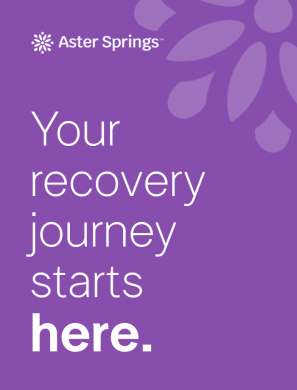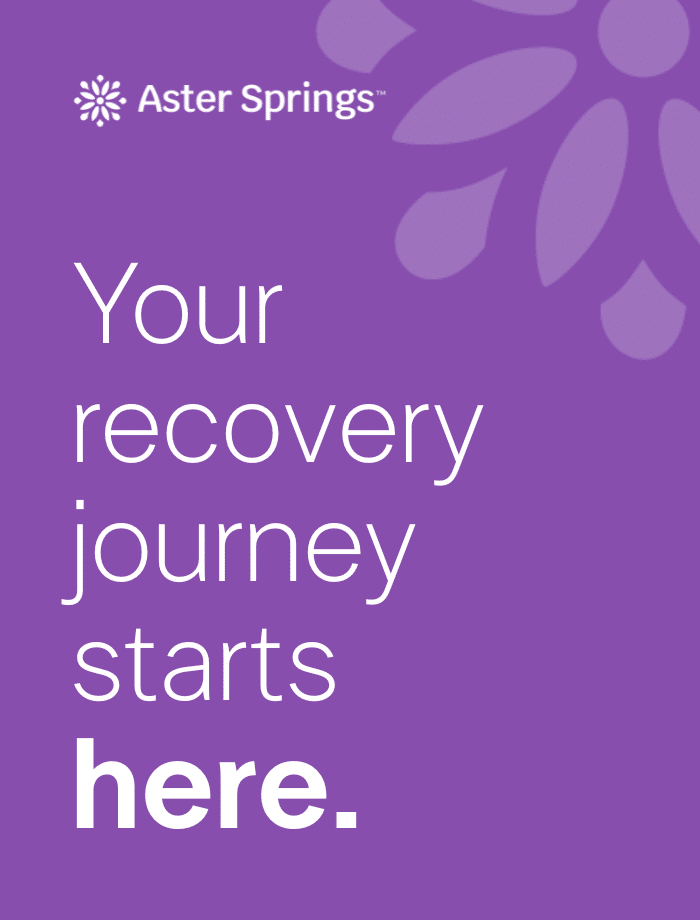Body dysmorphia, also known as body dysmorphic disorder (BDD), is a serious mental health condition characterized by an obsessive focus on perceived flaws in physical appearance. These perceived defects — often minor or even invisible to others — can cause significant emotional distress and interfere with daily functioning.
In today’s image-focused culture, conversations about body image are more common than ever. But body dysmorphia goes far beyond dissatisfaction with one’s looks. It’s a debilitating condition that can lead to social withdrawal, depression, anxiety, and even suicidal thoughts. Recognizing the signs and seeking appropriate treatment is critical to long-term recovery and quality of life. Here’s what you should know about BDD.
What is Body Dysmorphia?
Body dysmorphia is classified as a mental health disorder in the Diagnostic and Statistical Manual of Mental Disorders, Fifth Edition (DSM-5). People with BDD experience persistent and intrusive thoughts about perceived flaws in their appearance, which they often try to “fix” through excessive grooming, cosmetic procedures, or constant comparison to others.
The most common areas of focus for people with BDD include:
Skin (e.g., acne, wrinkles)
Nose shape or size
Hair (thinning or excessive hair)
Body shape or size
Muscles (particularly in muscle dysmorphia, a subtype of BDD)
These concerns are not just fleeting thoughts that come and go; for someone with body dysmorphia, the distress they feel over their perceived imperfections is constant and can consume hours of their day. This can severely impair their ability to function in social, occupational, or academic settings.
Common Signs + Symptoms of BDD
Recognizing body dysmorphia can be challenging because many of its behaviors are normalized in appearance-conscious cultures, especially with the rise of social media and constant smartphone usage. Still, there are several red flags that may suggest deeper issues with body image:
Obsessively checking mirrors or avoiding them altogether for fear of seeing a perceived physical defect
Constantly comparing one’s own appearance to others
Seeking reassurance about looks but never feeling satisfied or affirmed by even the most positive feedback
Attempting to hide perceived flaws with makeup, clothing, or body positioning
Repeatedly undergoing cosmetic procedures without improvement in one’s fixation on or concern with perceived appearance flaws
Avoiding social situations or photos due to appearance concerns
If these behaviors interfere with quality of life or persist for more than an hour each day, they may indicate body dysmorphia rather than typical self-consciousness.
Key Statistics on BDD
Body dysmorphic disorder is more than being interested in what you look like or making a consistent effort to look your best. It’s a constant, unrelenting obsession with appearance, often focused on a single area or physical feature. To better understand the scope and impact of this condition, it can help to look at scientific data and statistics:
1. The prevalence of BDD in the general population: An estimated 1.9% of U.S. adults meet the criteria for body dysmorphic disorder at some point in their lives.
*Source: Koran, L. M., et al. (2008). “Prevalence and symptoms of body dysmorphic disorder in a community sample of men and women.” The Journal of Clinical Psychiatry.
2. High rates among cosmetic surgery seekers: 13% of cosmetic surgery patients are diagnosed with BDD, compared to 1-2% of the general public.
*Source: Veale, D., et al. (2022). “Prevalence of body dysmorphic disorder in cosmetic settings: A systematic review and meta-analysis.” JAMA Psychiatry.
3. Elevated suicide risk: 38% of individuals with BDD report suicidal ideation, and around 24% attempt suicide at some point.
*Source: Phillips, K. A., & Menard, W. (2006). “Suicidality in body dysmorphic disorder: A prospective study.” The Journal of Clinical Psychiatry.
These numbers underscore just how serious and potentially dangerous body dysmorphia can be. Without treatment, BDD can evolve into disordered eating, obsession with cosmetic procedures, and increased withdrawal from friends, family, and society.
The Link Between Body Dysmorphia + Eating Disorders
People with eating disorders often struggle deeply with how they see themselves, not just in terms of food or weight but in the very way they experience their own bodies.
Body dysmorphic disorder and eating disorders such as anorexia nervosa and bulimia nervosa are closely linked because they share several underlying psychological and neurobiological features. BDD is characterized by obsessive preoccupation with perceived flaws in appearance, often focusing on facial or body features, while EDs primarily involve concerns about weight, shape, and eating behaviors. However, each of these disorders involves body image distortion, perfectionism, and compulsive behaviors (Phillips et al., 2006).
In BDD, individuals obsess over perceived flaws—sometimes about their weight or shape—that feel overwhelming and very real to them, even if others don’t see these flaws. This intense focus can lead to behaviors aimed at “fixing” or controlling their appearance, such as intense restriction of food intake, excessive exercise, damaging diets aimed at “clean” or “healthy” eating, or dangerous purging behaviors like self-induced vomiting or laxative misuse.
Research indicates high comorbidity: a study by Grant et al. (2002) found that approximately 32% of individuals with BDD also met criteria for an eating disorder. Additional studies have shown that up to 25% of people with anorexia nervosa may also meet criteria for BDD (Rosen & Ramirez, 1998).
When to Seek Treatment
If you or someone you know is showing signs of body dysmorphia, it’s important not to dismiss these concerns as vanity or normal self-consciousness. Early intervention can make a significant difference in how severe and deeply ingrained the thoughts and behaviors of BDD become.
Treatment for BDD may involve talk therapy, medication, or a combination of the two. Individuals experiencing body dysmorphia and a co-occurring eating disorder — especially those with serious symptoms like food restriction, bingeing, purging, or self-harming behaviors — may need more immersive treatment in an environment that provides 24/7 supervision and support.
Aster Springs specializes in the treatment of body dysmorphic disorder at multiple levels of care, including residential, partial hospitalization, and intensive outpatient programs. Our treatment approach hinges on whole-person healing, combining evidence-based therapies with experiential and other holistic treatments — provided in tranquil, non-hospital environments.
If you’re interested in learning more about treatment at Aster Springs, explore our admissions page.
Sources
Koran, L. M., et al. (2008). The Journal of Clinical Psychiatry
Veale, D., et al. (2022). JAMA Psychiatry
Phillips, K. A., & Menard, W. (2006). The Journal of Clinical Psychiatry
- Phillips, K. A. et al. (2006). CNS Spectrums.
- Rosen, J. C., & Ramirez, E. (1998). International Journal of Eating Disorders.



